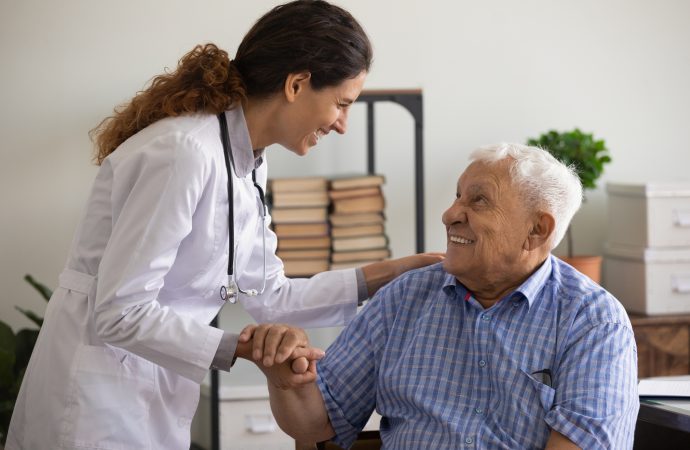“Unfortunately, most education takes place within the hospital. If you’re only seeing the hospitalized elderly, you’re seeing the debilitated, the physically deteriorating, the demented. It’s easy to pick up ageist stereotypes.”
Dr. Ronald Adelman, co-chief of geriatrics, Weill Cornell Medicine, who developed an anti-ageism program for medical students.
Dr. Tracey Gendron, a gerontologist at the University of Virginia Commonwealth School of Medicine, had this to say about the ageism she sees:
“…you hear a lot of infantilizing language: “sweetie,’ ‘cutie,’ ‘honey.’ You hear that people are not worth treating because of their age.”
Elizabeth Shepherd, a senior who participated in the Weill Cornell “Introduction to the Geriatric Patient” program told the NY Times:
“It’s important that they don’t think life stops as you get older. So I decided that I would be frank with them.”
She shared her feelings about what it was like to turn 80:
“I began to realize, this really is different. To know that there are not so many days ahead. To think about how I want to spend the rest of my life. There was a new vulnerability.”
Jason Harris, one of the medical students who met with Ms. Shepherd, said afterwards:
“Her candor and openness were incredible. An organ is an organ. A patient is who we’ll be dealing with in real life.”
Would you like to see more medical schools create anti-ageism programs that introduce students to healthy, active older adults?
New York Times, 10/12/18








Leave a Comment
Your email address will not be published. Required fields are marked with *